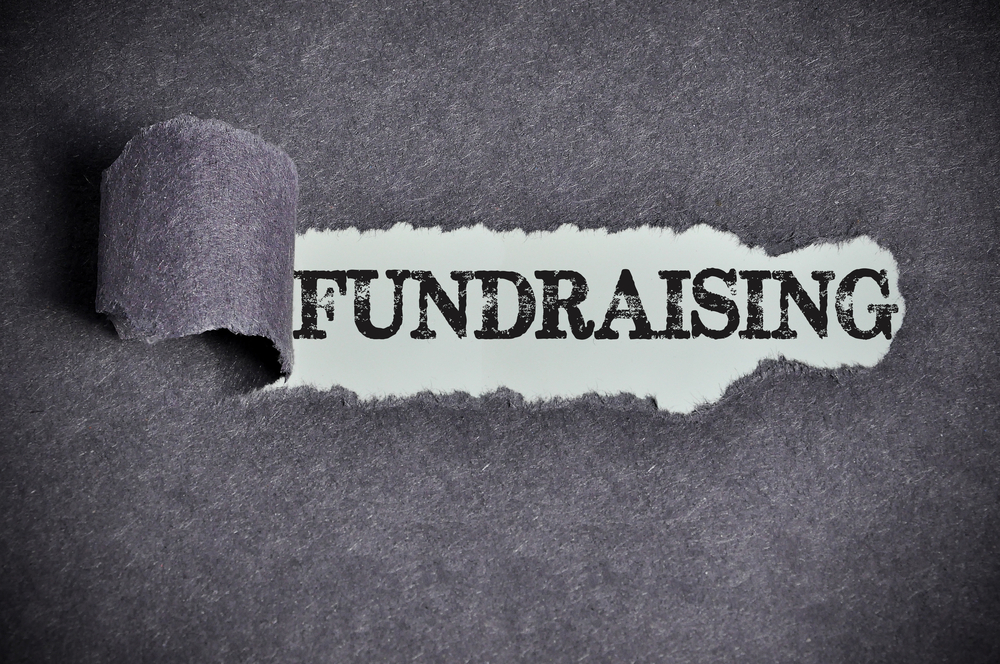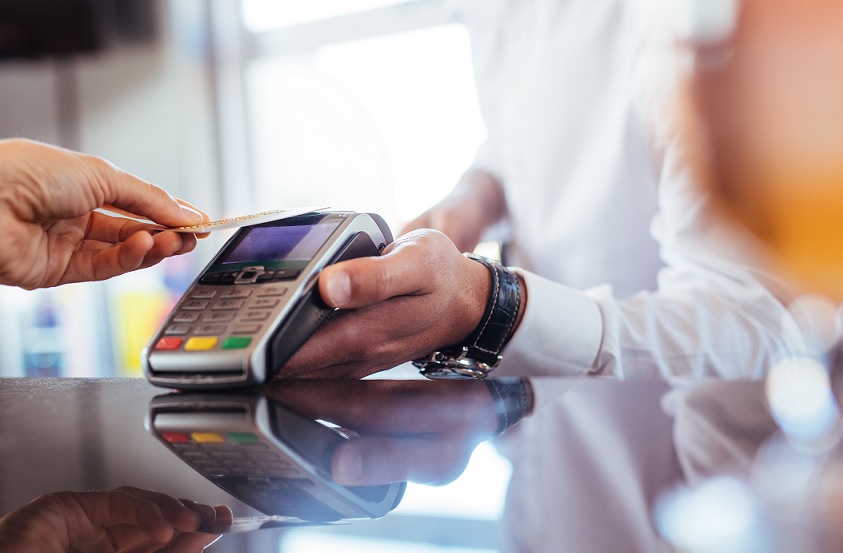A brass band can’t survive on enthusiasm and valve oil alone: It needs financial support to really succeed.
However, raising money, and lots of it at times given the cost of instruments in particular, can be a daunting prospect.
Where do you even begin?

What you need to know...
Know who cares:
My number one fundraising tip is this: Know your audience.
It’s a lot easier to ask people you know for money than to persuade people you don’t! If you haven’t done this already, you need to start building a list.
It might be a pain, but I promise that it will soon become your biggest asset.
This means signing up your family and your friends. It also means asking anyone who has come to see you, anyone who has ever performed with you, and even anyone who has enquired about employing you.
Get email addresses, phone numbers and postal addresses.
However, don’t forget to ask for contact permissions for marketing and fundraising purposes though as this is the era of GDPR (General Data Protection Regulation).
That means you must only contact people who have given you permission to do so, and you must give them a way to opt out if they don’t want to hear from you anymore.

Volunteering brings the best out of people...
Get your supporters to work for you:
Sponsored events can be a quick win for small organisations who have minimal (or no) staff assets. You don’t have to organise the events yourself or pay the entry fees, you just get to reap the rewards.
Just don’t forget to say thank you!
The key is knowing what your fans like to do – and letting them know they can do it for you.
In general, the most popular activities are things that make you sweat: runs, marathons, climbing mountains etc.
Challenges bring out the best in people – and can bring out the most in donations too.
Challenges bring out the best in people – and can bring out the most in donations too.
It can be tricky to get a place in some of the bigger events (you need to enter a ballot for the London marathon for example), but there are organised activities all over the country that you can do as an individual or as a team.
Where there’s a will, there’s definitely a way.
Apply to Trusts and Foundations:
Trusts and Foundations are a great source of funding for small organisations because they exist purely to give money away.
Finding the right one - and making sure your band fits the criteria - is the trickier bit.
There are numerous paid for subscription services, which allow you to search for relevant organisations by keyword and operating regions (maybe you could team up with some fellow bands to cover the costs?).
Trusts and Foundations are a great source of funding for small organisations because they exist purely to give money away.
But if you don’t have the resources for something like this, try the Charity Commission ‘advanced search’.
Go to: http://apps.charitycommission.gov.uk/ShowCharity/RegisterOfCharities/AdvancedSearch.aspx
It will take time to sift through, but it can really be worth it. A single successful application could be a game changer for your organisation.
One further tip for completing the application though: Make sure you read the criteria carefully and answer all the questions!

Crowdfunding is very popular but not always the right answer
Crowdfunding:
I hesitate to mention the ‘C word’, as it isn’t the golden goose that many people seem to think.
But if you’re raising money for something really special such as your first ever appearance at a national competition, or an opportunity to record something etc, as a real one off it could be an option.
Set yourself a realistic income target.
Crowdfunding is administratively quite burdensome. And please, when planning your project, don’t forget to think about the potential cost of delivering rewards as even something as simple as postage can quickly add up.
Set yourself a realistic income target.
And, if you can, make sure you’ve got a person lined up to be your saviour and fill that pot at the 11th hour, should your project not take off like you hoped.
Think local and get creative:
Brass bands often represent a region in competition as well as at community events. So, when looking for sponsorship, local or family owned businesses, shops and individuals with a geographical connection to your band are still probably your best bet.
Think about what the business does and what’s in it for them (and crucially, any shareholders). Cash may be king, but sometimes it’s easier for a business to give products.
Is there something they could give you that you could be equally as profitable as a cash lump sum?
Think about what the business does and what’s in it for them (and crucially, any shareholders). Cash may be king, but sometimes it’s easier for a business to give products.
For example, could you ask a local business or a supporter to host a dinner on your behalf and invite guests to pay to attend?
Instead of spending £20 in a restaurant, their guests are making a donation to you. Your local butcher or grocer might even be persuaded to gift the ingredients for the menu when they know it’s for a good cause.
Are you a good customer for your local pub? Could you ask the landlord (or lady) to add 50p to every pint sold over a week and donate it all to you?
These are just some ideas. The point is that often it’s just about asking people for the right thing – something specific that’s easy for them to deliver.

Technology is making fundraising a little easier
Contactless/Bucket collections:
The humble bucket in the hands of a real person still works brilliantly, though you will probably need to be registered with the charity commission.
Go online to find the rules (and there are rules to follow for security) for the big brands, or talk to your local supermarket manager about getting an approved slot.
Then just get shaking!
Don’t forget to ask at your own events too. Many larger charities are now introducing contactless technology which work and is very effective too.
If you think you’re going to get a big crowd, it may be worth looking to buy or hire some terminals – but the bucket is a lot cheaper!
Give for Free:
You don’t always have to ask your friends for cash either.
There are lots of sites online that help people give to charity, without actually donating a penny.
There are lots of sites online that help people give to charity, without actually donating a penny.
Ask supporters to shop online via sites like easyfundraising.org.uk and you can earn free money from paid clicks every time they spend online.
Go to: http://easyfundraising.org.uk
Set up a band ‘Amazon Wish List’, or ask your players to add a band-related item to their own around Christmas or birthdays.
Getting rid of old stuff?
Sell it on ebay and donate the money to the band.
Find out more at: https://www.ebay.co.uk/rpp/charity-sellers

The Taxman even gives his bit...
Gift Aid It:
The government will donate an extra 25p on every £1 you raise if you are a registered charity. It might seem intimidating to have to deal with HMRC, but it’s actually relatively simple.
And it’s definitely worth it – this is free money!
You need to ask each of your donors for a Gift Aid declaration, confirming their address, and that they pay an amount of tax that is at least equal to the amount you will claim (25% of their total donation amount).
You can also claim money on collections of up to £8k without individual declarations through the small donations scheme.
You can also claim money on collections of up to £8k without individual declarations through the small donations scheme.
Just make sure you read the rules and keep good records.
Find out more: https://www.gov.uk/claim-gift-aid/gift-aid-declarations

If you don't ask...
Don’t ask, don’t get!
Above all else, you just need to ask. It’s quite amazing how often people find an excuse not to.
I know it takes time – and I know it’s not easy! But there is money out there and there are people who care.
So, take it step at a time, and start with something that feels appropriate to you.
The results might just surprise you.
Claire Heaney has worked in arts fundraising for over ten years, for organisations across the UK from Leeds to Cardiff to London.
She is currently Head of Individual Giving for the National Theatre, where she raises millions of pounds in donations from people across the UK and around the world.













